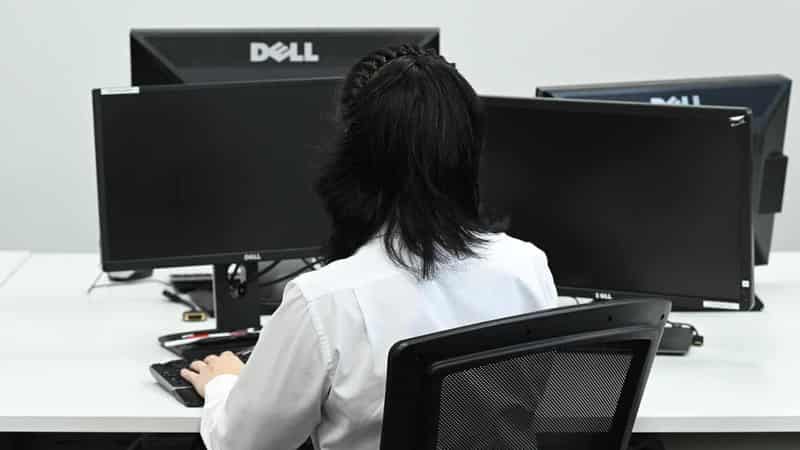
Pay transparency, parental leave and flexible work will be among factors assessed by Australian technology firms under a push to encourage more women to join the industry.
The Tech Council of Australia unveiled the standards at its National Tech Summit late on Monday evening after partnering with Project F on their development.
But the standards will have a high target to meet, with the industry aiming to recruit 600,000 technology workers over the next five years to reach 1.2 million tech roles by 2030.
Women make up only 28 per cent of the technology workforce in Australia, according to the council, even though they represent 51 per cent of all workers.
The T-EDI standards will test technology companies against 10 priorities, Project F chief executive Emma Jones said, and categorise them into three tiers: foundation, advanced and leading.
The standards include hiring practices, parental leave, flexible work opportunities and pay transparency.
“These 10 standards are the ones we know hold the (diversity, equity and inclusion) markers that make a difference and remove barriers for women in technology,” Ms Jones told AAP.
“By removing systemic barriers, we’re also going to stem the flow of women who leave tech mid-career, which is over 50 per cent and more than double the number of men that leave tech.
“More women can then stay in tech, make it to leadership levels and, over time, you’re going to have more role models for girls that will have a knock-on effect.”

The T-EDI standards will be made available to technology companies in a standalone app, Ms Jones said, and would generate a score that could be verified and accredited by the Tech Council.
The app also creates an action plan for companies, she said, and been tested by firms including Atlassian, Telstra, CyberCX, Commonwealth Bank, PEXA and Accenture.
“What we’ve learned is that every organisation has systemic issues and barriers for women in their structures and that’s because technology is such a subculture,” she said.
“Once we get enough organisations participating, we hope the benchmarking will give them the impetus to address things they might not have started to address otherwise.”
Eglantine Etiemble, chief technology officer for the digital property firm PEXA, said the standards were needed to guide technology firms when trying to boost female participation.
The Melbourne firm had raised its share of women workers from 21 to 37 per cent over two years, Ms Etiemble said, and would use the standards to make further gains.
“As a nation, we have been so far underperforming in making tech attractive across the workforce,” she said.
“We know Australia’s future prosperity will be heavily reliant on the tech industry and on our collective ability to develop and attract talent.”
The Tech Council predicts Australia will need another 600,000 workers in the industry by 2030 and chief executive Damian Kassabgi said changing culture could help reach that target.
“Improving diversity and inclusion in tech will better position Australia to address social challenges and support more women and other under-represented groups to accelerate their careers in our growing tech sector,” he said.









